Range test: How far can these six electric cars go?
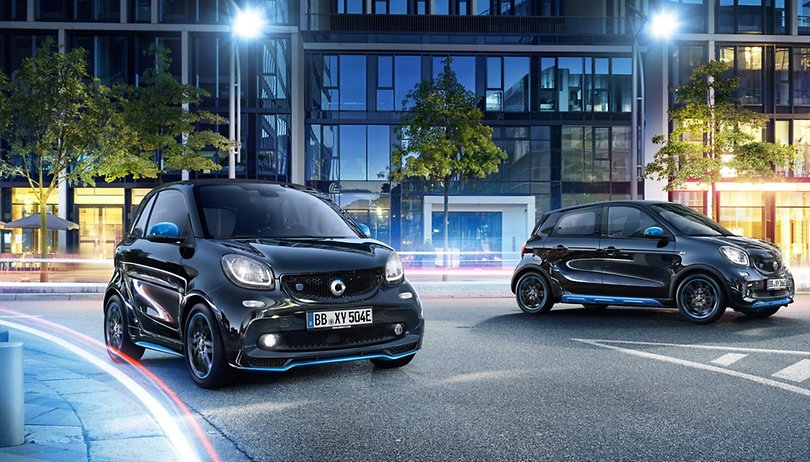

How far can you get with one battery charge? The question that was already decisive for the purchase of smartphones is all the more interesting in electric cars. Because nobody wants to stop every two hours to wait at the gas pump for the same amount of time. A comparison between six well-known electric cars from Italy now shows the models with the greatest range and those with the greatest efficiency are very different.
The Italian edition of Motor1 has conducted a major test comparing the six electric cars: Smart EQ fortwo, Renault Zoe, Nissan Leaf, Hyundai Kona Electric, Jaguar I-Pace and the Tesla Model S. The test was conducted on a large scale. The focus was on range and efficiency.
The range test of the electric cars took place in and around Rome; the course consisted of 45 percent city and urban roads, 45 percent country roads and 10 percent motorways. Since this test track was over 150 kilometres, the Smart EQ fortwo could not even complete it with a single battery charge. It ran out after 124 km.
Range of the electric vehicles tested
| Model | Tested range | Specification after WLTP | Specification according to NEDC |
|---|---|---|---|
| Tesla Model S | 533 km | n.a. | 632 km |
| Hyundai Kona Electric | 435 km | 482 km | 564 km |
| Jaguar I-Pace | 315 km | 470 km | 543 km |
| Renault Zoe | 276 km | 300 km | 400 km |
| Nissan Leaf | 211 km | 270 km | 378 km |
| smart EQ fortwo | 124 km | n.a. | 160 km |
Both the guideline values according to the new WLTP and NEDC systems give rise to unjustified optimism regarding the range of the tested vehicles. In the Model 1 test, all six candidates failed to reach the official data; often by more than 40 percent.
Unfortunately, the test does not show which battery variants were used in the tested electric cars. The NEDC value of the front-runner Tesla Model S can be used to extrapolate that it must have been the S 100D model.
Subsequently, Motor1 also compared the efficiency of the electric cars against each other. The result was that the Hyundai Kona, despite its SUV format, consumes the least kilowatt hours per 100 km. It beats even the more compact Renault Zoe; even more disappointing is the two-seater Smart EQ fortwo.
Efficiency of the electric vehicles tested
| model | Energy consumption |
|---|---|
| Hyundai Kona Electric | 13.1 kWh / 100 km |
| Renault Zoe | 13.7 kWh / 100 km |
| smart EQ fortwo | 15.1 kWh / 100 km |
| Nissan Leaf | 18.9 kWh / 100 km |
| Tesla Model S | 19.5 kWh / 100 km |
| Jaguar I-Pace | 23.9 kWh / 100 km |
Many manufacturers are not yet able to reconcile efficiency and range and prefer to compensate for energy hunger with large batteries.
If one were to choose an overall winner from this comparison, this would be the Hyundai Kona, which delivers good results both in terms of range and relative energy consumption. What do you think?
Source: Motor 1






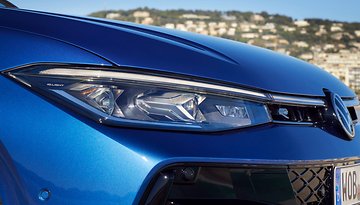
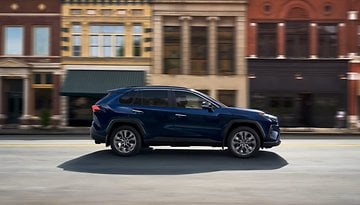

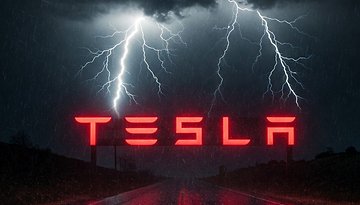



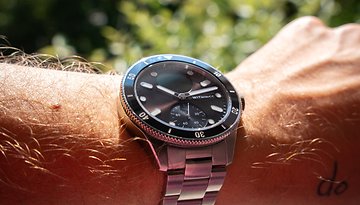


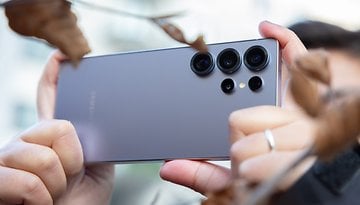
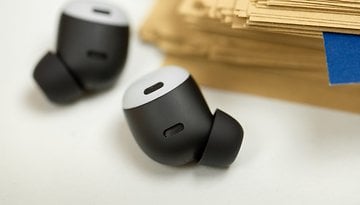


I agree the Hyundai seems to be the winner here.
But I also can't help but think we're doing it wrong fundamentally with the way electric and hybrid cars are built. Why don't we take a page from the crowd-shared eScooter industry and build electric cars with swappable batteries? No one plugs a Lime Sooter into a recharger. The company just removes the dead battery and puts in a fully charged one. We do the same with every electronic device other than phones and cars, so why not here too? Instead of charging stations for cars why don't we have standard battery styles (like C, AAA etc) and the stations just have fully charged batters we swap when the car's battery is dead?